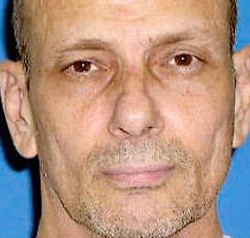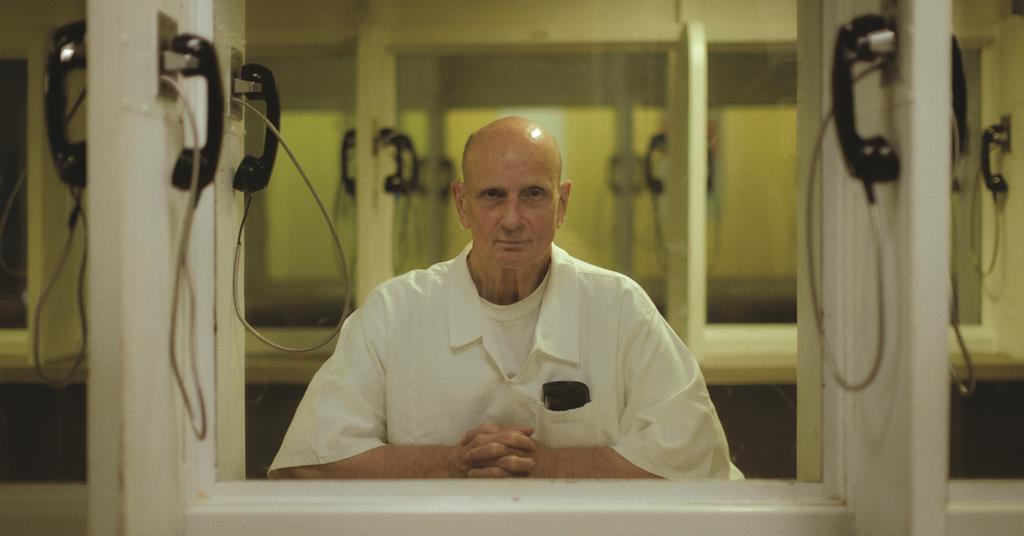Some criminal cases retain an air of mystery even after seemingly resolving. The enigmatic tale of Jonathan Reed unfolds in the case of the 1978 murder of Dallas flight attendant Wanda Jean Wadle. Despite Reed presenting a compelling alibi that firmly placed him elsewhere during the time of the crime, additional evidence surfaced, swaying jurors to believe in his guilt. The details of this case are thoroughly examined in ‘The Flight Attendant Murders,’ shedding light on the complexities that surround seemingly closed cases and the enduring questions that linger in the realm of criminal justice.
Who is Jonathan Reed?
On November 1, 1978, Jonathan Reed, a former car dealer, entered the apartment complex where Wanda Jean Wadle resided with her roommate, Kimberly Pursley. The details surrounding how Reed gained access to the apartment remain somewhat elusive. However, it was later revealed that Reed had a history of arrests on charges of sexual assault. Testimonies suggested that he had a pattern of entering residences after knocking on doors and posing as someone checking on household items, like air filters. The assumption is that Reed employed a similar tactic when he arrived at Wadle’s apartment.

Kimberley Pursley unexpectedly encountered Jonathan Reed inside the house while he was still in Wanda Jean Wadle’s bedroom. Reed instructed Pursley to stay out, and upon exiting the room, he claimed to be from maintenance. However, Pursely discerned her flatmate lying on the floor. Realizing that she had witnessed the alarming scene, Reed attacked Pursley, binding and gagging her. Ingeniously feigning death, Pursely managed to deceive Reed, who proceeded to steal $20 from her before making his exit. As soon as he left, Pursely swiftly liberated herself, sought assistance from two neighbors who happened to be nurses, and together they rushed to check on the injured Wadle.
Wadle was still breathing, but she was naked from the waist down; blood was coming from her mouth, her hands were tied, and there was a plastic bag pulled over her head. Pursely promptly contacted the police, who swiftly transported Wanda Jean Wadle to the hospital for urgent medical attention, but she died 9 days later. Another woman residing in the same complex reported a disturbingly similar encounter, noting that a man fitting Reed’s description had approached her door, posing as someone inspecting air vents and indicating his intent to return later. Collaborating the accounts from both women, the police created a composite sketch to aid in the identification of the suspect.
A law enforcement officer, recalling Reed’s past arrest for sexual assault, confirmed the resemblance, further strengthening the case. Additionally, a resident, having seen the police sketch, came forward and claimed to have spotted Reed in the vicinity. During the trial, Reed’s family provided testimony asserting that he wasn’t wearing the clothes described by the women. The defense successfully presented evidence indicating that Reed was driving his car during the time of the murder. A neighbor testified that Reed returned home around 1 pm, just an hour after Wanda Jean Wadle was attacked.
Despite these counterarguments, the jury remained unconvinced and ultimately convicted Reed of murder. Following the conviction, a judge ordered a retrial in 1983 for reasons that were not explicitly specified. In the subsequent retrial, Reed faced a guilty verdict once again and was sentenced to death. This time, a significant turning point emerged when his prison cellmate testified, claiming that Reed had shared details only a perpetrator would know. The conviction was upheld by the Texas Court of Criminal Appeals.
Jonathan Reed is Still Incarcerated Today

Jonathan Reed pursued an appeal against his second conviction, contending that the testimony provided by his prison mate was false and that the individual had been promised incentives in exchange for the testimony. In 2009, the U.S. Court of Appeals for the Fifth Circuit granted Reed the opportunity for a third trial, highlighting that the prosecutors had failed to provide sufficient and legitimate reasons for dismissing five black jurors from his initial trial. The commencement of Reed’s third retrial occurred in 2011, marking another legal chapter in his protracted and convoluted legal journey.
In the third trial, the victim of the initial sexual assault came forward to provide her testimony. However, the advancement in technology played a pivotal role when Reed’s DNA was tested and could not be linked to the genetic material found at Wanda Jean Wadle’s crime scene. Despite the absence of DNA linkages, Reed was still found guilty in the third trial, but the sentence handed down was life in prison. Due to the 1978 timeline of the crime, Reed remains eligible for parole, and subsequent changes in laws do not apply retroactively to his case. Presently serving his sentence at the Texas Department of Criminal Justice William G. McConnell Unit, Reed is 72-years-old. In an attempt to challenge his conviction, he filed a post-conviction petition, but it was ultimately denied in October 2011.
Read More: Patrick Nicholas: Where is the Killer Now?


You must be logged in to post a comment.